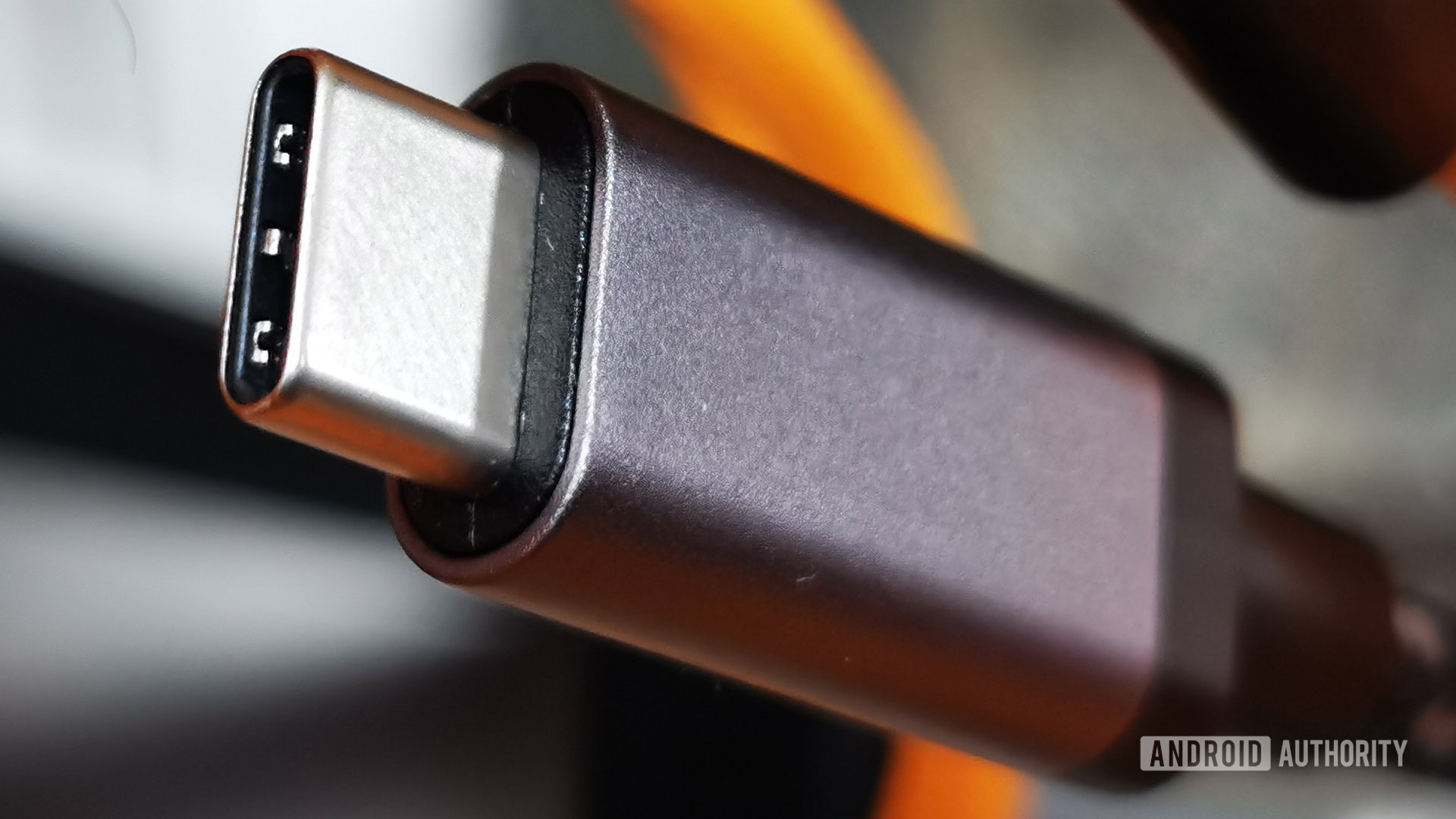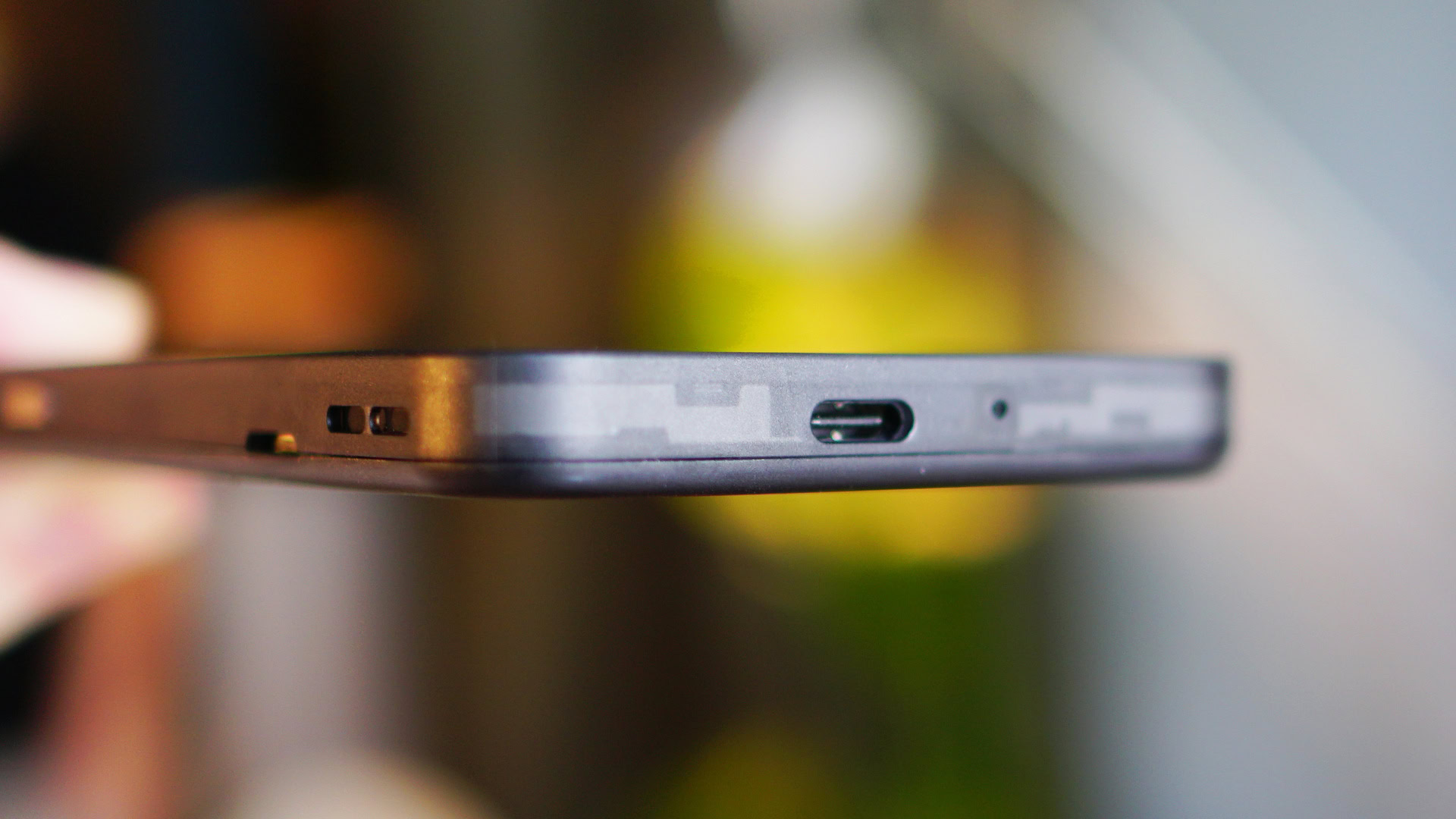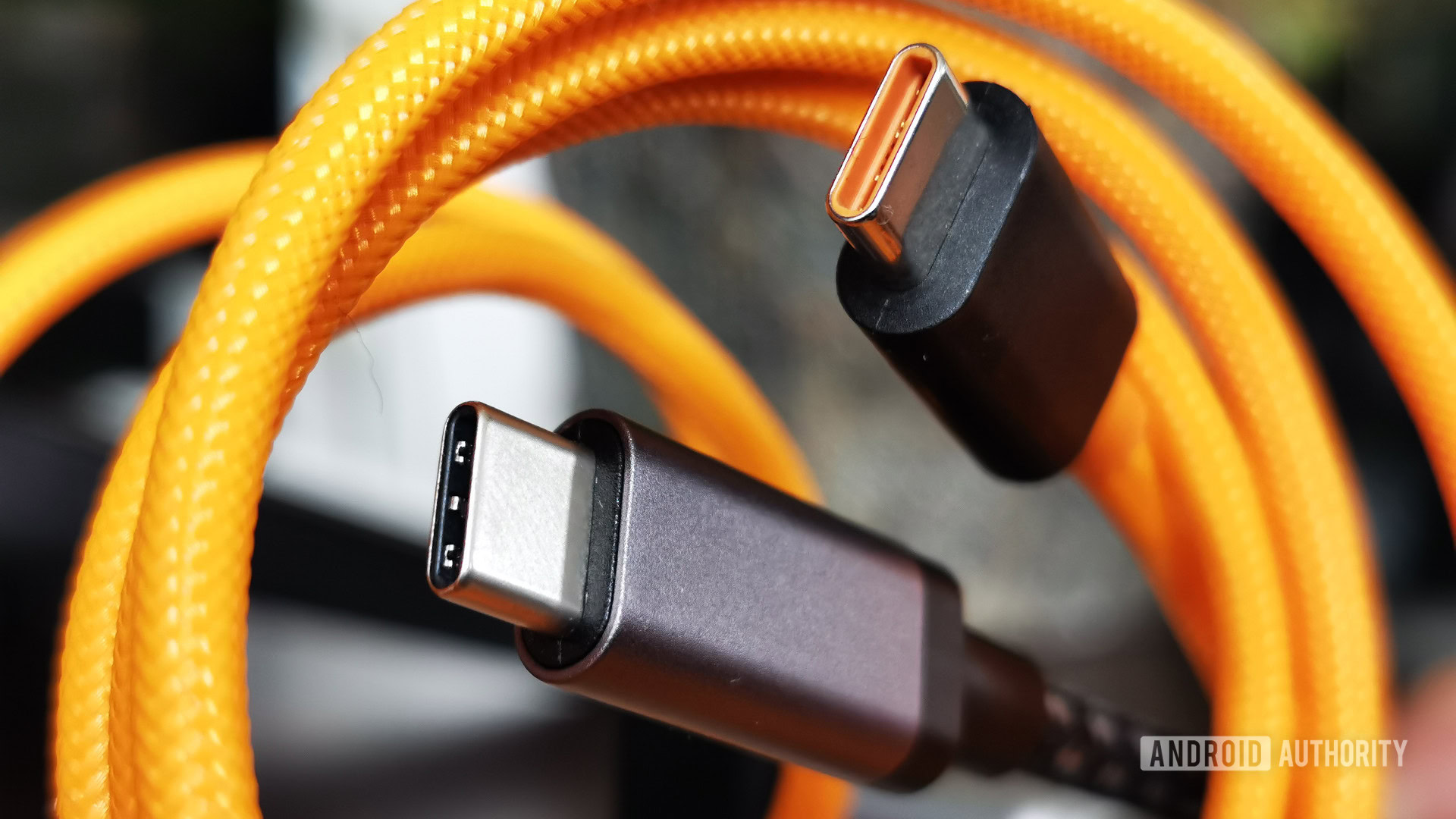Affiliate links on Android Authority may earn us a commission. Learn more.
Google forcing Digital Wellbeing, better USB-PD charging on new Android phones

From compulsory Android 10 for new devices to hiding custom gesture navigation options upon setup, it seems like Google is putting its foot down in a big way.
Now, documents obtained by XDA-Developers show that Google has made it compulsory for devices to offer Digital Wellbeing and parental control/Family Link features. This applies to new devices and those updated to Android Pie or Android 10 after September 3.
It’s a sensible move, as Family Link in particular is a valuable tool to help parents set rules for their kids. Google’s Digital Wellbeing suite, meanwhile, allows users to monitor their app/device usage, and also helps users wind down at the end of the day. Fortunately, the document notes that OEMs can use a custom digital wellbeing solution if they don’t want to integrate Google’s solution (several OEMs have their own offerings in this regard).
Better charging compatibility

Google’s mandates don’t end there either, as XDA reports that the search giant is calling on devices with a USB-C port to not break the USB Power Delivery (USB-PD) standard.
USB-PD is an open charging standard for devices with USB-C ports, but we’ve seen several cases of devices launching with proprietary charging standards instead. This isn’t a problem in itself, but we’ve often seen devices with proprietary USB-C charging standards only offer basic USB-PD charging (i.e. without fast charging).

“New devices launching from 2019 onwards, with a USB Type-C port must ensure full interoperability with chargers that are compliant with the USB specifications and have the USB Type-C plug,” reads a passage of the relevant text obtained by the outlet. Google doesn’t specifically mention USB-PD in this passage, but it likely includes the standard.
It doesn’t sound like Google is calling for manufacturers to ditch their own standards, but rather that they should simply charge via USB-PD cables/chargers as well. It doesn’t seem like Google is mandating a specific speed for charging via USB-PD either, which is one of the biggest problems with charging today.
Does charging support affect your decision to buy a phone? Give us your thoughts below.